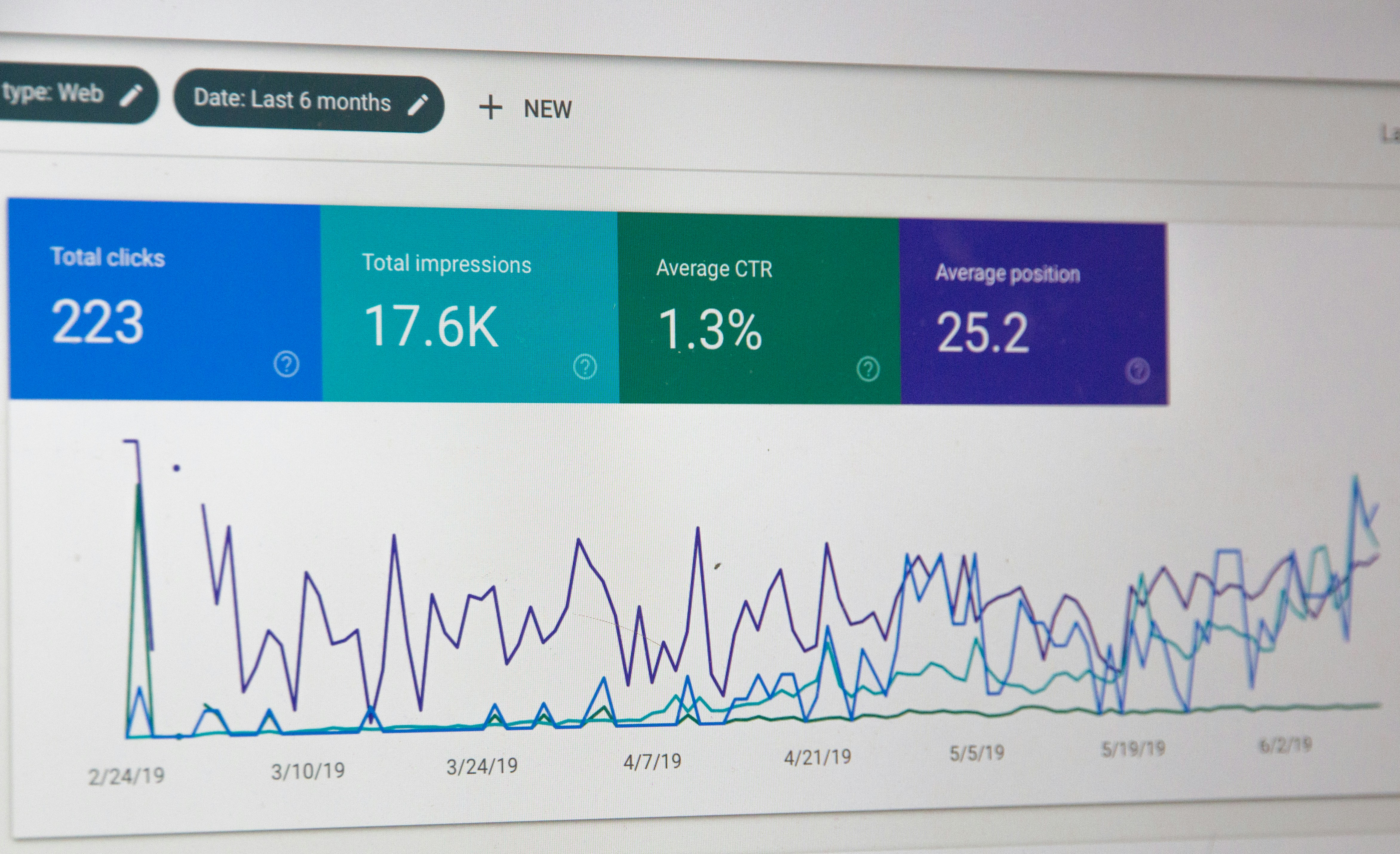Search engine optimization (“SEO”), a powerful digital marketing strategy, can help small businesses drive organic traffic, improve search engine rankings, and raise brand awareness. Although SEO trends are complex and constantly changing, learning the basics can make a big difference in driving organic traffic to your website. If you’re interested in using SEO to help your business, here’s what you need to know.
What is SEO, and why is it important?

Photo Credit: Unsplash
Search engine optimization involves increasing the quality and quantity of website traffic, along with customer exposure to your brand, through organic (nonpaid) search engine results. Integrating SEO into your marketing strategy requires understanding what your customers are searching for online, what kind of answers they’re looking for, what keywords they’re using, and what content they want to consume. Figuring out the answers to these questions can help your business connect with potential customers who are interested in your products and services.
Although paid advertising and social media can drive traffic to your website, most online traffic is driven by search engines. In other words, customers view organic search results as more credible and tend to click on organic search results more than paid advertisements.
How do search engines work?

Photo Credit: Unsplash
To appear in search engine results, search engines need to be able to index your content. Search engines search the Internet for content to display in search engine results and look over the code and content for each URL they find. Content can range from a webpage to an image to a PDF, but regardless of the format, content is made discoverable through links.
Google’s crawlers and spiders start by finding a few webpages, then following the links on each webpage to find new URLs. By following the path of links, the crawler finds new content and adds it to their index. Later, the content is retrieved when a user searches for information that the content on the URL matches.
If you have a website, start by seeing how many of your pages are in the index by typing “site:yourdomain.com” into the Google search bar. You’ll be able to see what pages Google has in its index for your websites and gain insights into whether Google is crawling all of your webpages.
What is search engine ranking?
When a user searches for something online, search engines search their index for relevant content. Then, the search engine ranks the content by relevance to solve the query. Search engine ranking refers to the ordering of search results by relevance. In most cases, the higher a website is ranked in search engine results, the more relevant the search engine considers the site to be in answering the query.
Should I hire an SEO professional?

Photo Credit: Unsplash
If you’re willing to devote time and effort to learning SEO, you can learn how to optimize your website and perform basic SEO yourself. However, because Google’s algorithms are constantly changing, hiring an SEO professional can help you stay up-to-date with the latest SEO trends and maintain an edge over the competition.
While many agencies and consultants offer SEO services, each service varies in quality and effectiveness. It’s important to know how to choose a reputable SEO company, as practicing the wrong SEO strategies can actually harm your search engine rankings.
If you’re not sure where to start, SearchAtlas, an organic SEO company, offers free SEO tools for both beginners and experts. With the help of their comprehensive backlink analyzer, award-winning content optimizer, and smart keyword researcher, you can easily increase organic traffic, research your competition, and audit your website.
If you’re unfamiliar with SEO, learning the basics can help you improve your digital marketing strategy and increase search engine traffic. If your budget allows, consider hiring a team of SEO professionals to help you gain an edge over competitors and soar in search engine rankings.

